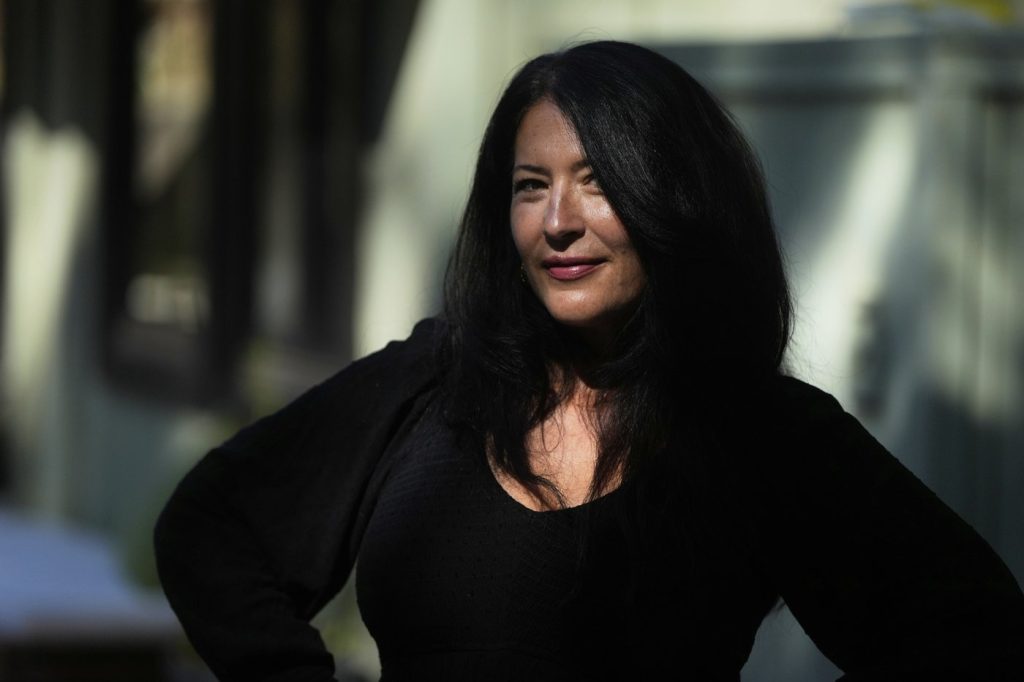During her three-year tenure as the 24th Poet Laureate of the United States, Ada Limón shared insights that emerged from her extensive travels across the nation. She discovered a vast and often hidden community of poets who, while not publicly recognized, engage in the art of poetry. Many individuals approached her during her appearances, revealing their personal writing practices, whether it be journaling, composing under the full moon, or collaborating with their children. Limón expressed that these 'secret poets' are plentiful, emphasizing a thriving, albeit quiet, poetic spirit in the country.
Limón’s term as Poet Laureate, which concluded in April, was marked by significant projects, including composing a poem engraved on a spacecraft bound for Jupiter's moon, Europa, and leading an initiative that introduced poems to seven national parks. Her upcoming book, titled “Startlement: New and Selected Poems,” is set for release on September 30. In crafting this collection, Limón faced challenges as she typically approaches her work as a singular poem, combining different pieces into a cohesive new narrative.
In an interview, Limón reflected on her experiences as Poet Laureate, discussing the importance of maintaining wonder in both nature and mundane interactions despite the distractions of modern technology. She described struggling with her phone’s demands, which sometimes overshadow the creativity and connection she values. Limón highlighted the necessity of putting away devices to fully appreciate the uniqueness of the world, asserting that the bizarre nature of human existence yields countless poetic opportunities.
When asked about the political climate and its impact on her role, Limón shared that the Trump administration’s actions drastically shifted the moral landscape, including the dismissal of Dr. Carla Hayden, the former Librarian of Congress, who significantly enhanced public access to the Library of Congress. While Limón did not face direct repercussions, she noted that funding issues and a lack of support under the new administration paused her ambitious project aimed at spreading poetry across national parks.
Limón expressed concerns about recent efforts to censor language in museums and libraries, raising alarms about the long-term implications for the humanities during what she described as dangerous times. She stressed the importance of artists holding true to their beliefs amidst dwindling resources and external pressures. Limón encouraged artists to gather, remember their origins, and use their voices and talents to advocate for the integrity of art and culture.
As discussions surrounding artificial intelligence in writing gain traction, Limón voiced her strong opposition to AI utilization in art. She believes that while AI could be harnessed to tackle important issues like climate change and medicine, its role in creative fields poses a significant threat to critical thought. Limón underscored the inherent difference between human creativity and AI, warning that reliance on technology in the arts could lead to a greater existential crisis regarding what it means to create and whether art can possess a soul.
Looking ahead, Limón shared that she is currently working on prose that reflects her life experiences. Having recently returned to her hometown and purchased her childhood home, she is exploring themes of time, identity, and the search for belonging in her writing. This new phase promises to delve into the complexities of personal and community history, further enriching her literary contributions.











